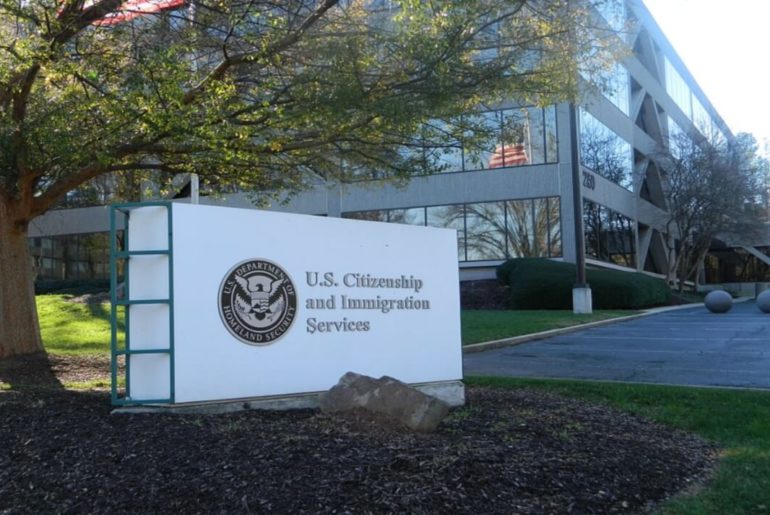The coronavirus has changed the life of millions of people around the world in a matter of weeks, and those most affected might be feeling lonelier than ever. With the U.S. government working towards helping their citizens as more than 3 million claims of unemployment swamp their offices, immigrants are unsure whether receiving help might be beneficial or detrimental in the long run.
With the newly implemented Public Charge rule, which allows the federal government to decide who can become a green card holder based on what public benefits immigrants have used, along with other factors, like health, family size, education, and English proficiency, many fear that filing for unemployment disability or even getting tested might be putting their legal status on the line. However, that is not the case. With the COVID-19 pandemic, the government has made some amendments to the rule so that all immigrants, even those without documentation, can get care and services without fearing legal repercussions or deportations.
“We know that there’s a lot of fear in the immigrant community of getting tested or treated and that testing and treatment will affect their immigration status,” the Director of Community Partnerships and Programs of Los Angeles County, Anna Gorman, said in a media conference. “We want to assure the community that that is not the case. People can get care regardless of immigration status or insurance status.”
Gorman, who also oversees MyHealthLA, a program that serves low income Los Angeles County residents who are 26 and older and do not qualify for public insurance, added that if anyone were to seek care, all their medical information would remain confidential and it would not be shared with immigration officials. She also pointed out that the United States Citizenship and Immigration Services (USCIS) “has gotten out the word to encourage all immigrants to get necessary care for Coronavirus” in an announcement made on their website.
“To address the possibility that some aliens impacted by COVID-19 may be hesitant to seek necessary medical treatment or preventive services,” the announcement read, “USCIS will neither consider testing, treatment, nor preventative care (including vaccines, if a vaccine becomes available) related to COVID-19 as part of a public charge inadmissibility determination.”
The agency also pointed out that the list of public benefits that they consider in a public charge test “[do] not include CHIP, or State, local, or tribal public health care services/assistance that are not funded by federal Medicaid,” which means that the use of services like food banks or health services like MyHealth LA, which are both locally or state funded, would be exempt from being considered a ground of inadmissibility for immigrants trying to pass a Public Charge test.
Furthermore, USCIS reiterated that if an immigrant who is subject to the Public Charge ground of inadmissibility is prevented from going to work or school and must rely on public benefits for the duration of the COVID-19 outbreak and recovery phase, they can provide “an explanation and relevant supporting documentation” to USCIS at the time of status application or renewal and the agency will take it into consideration when evaluating the case.
“We realize that the language on the USCIS website was somewhat confusing,” Rigoberto Reyes, the County of Los Angeles’ Executive Director of the Office of Immigrant Affairs, said in the conference. “But the simple message is that anyone who seeks preventative care and gets tested, even if they test positive, will be okay. None of those conditions, none of those services that they receive will count against them [in the Public Charge test].”
For his part, President Trump has said that any person, regardless of their immigrant status, could and should get tested for the coronavirus, adding that he thinks that “it’s important we test that person, and we don’t want to send that person back into wherever we’re going to be sending that person.”
Nevertheless, even outside of the COVID-19 crisis, the Public Charge remains a controversial topic. Activists and politicians have called it a “wealth test” for immigrants and that the measure was unnecessary and detrimental for the immigrant community.
“The proposed rule even before it was implemented, it created all kinds of fear and confusion in immigrant communities about who was impacted and what kind of public benefits may or may not make them a public charge,” Reyes said. “I think that the circumstances reinforce what public health experts around the country all warned, which was that the rule change was unnecessary and problematic from a public health perspective.”

